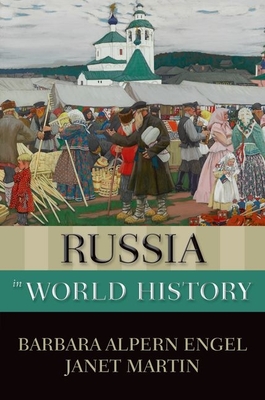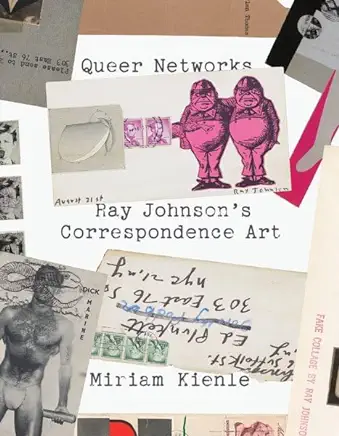
description
Russia's peoples overcame the constant challenges posed by geography, climate, availability of natural resources, and devastating foreign invasions to become the world's second largest land empire and the largest in modern history. This energetic introduction to Russia's history follows the development of local tribes into a federation of principalities centered at Kiev, the shift of power to Moscow and the centralization of the state, and Russia's pursuit of imperial ambitions. It examines the circumstances that led to the foundation of the world's first communist society in 1917, and traces the global consequences of Russia's extensive confrontation with the United States. Russia's arduous and costly climb to great power gains a personal dimension through the stories of individual women and men-pivotal figures as well as common people-illuminating the human consequences of sweeping historical change. Peoples of many ethnicities became part of the Russian empire and suffered or benefitted from its leaders' efforts to meld a multiethnic polity into a coherent political entity. This book examines how Russia served as a conduit for people, ideas, and commodities - owing between east and west, north and south and how it came to play an increasingly important role on a global scale.
member goods
No member items were found under this heading.
Return Policy
All sales are final
Shipping
No special shipping considerations available.
Shipping fees determined at checkout.







